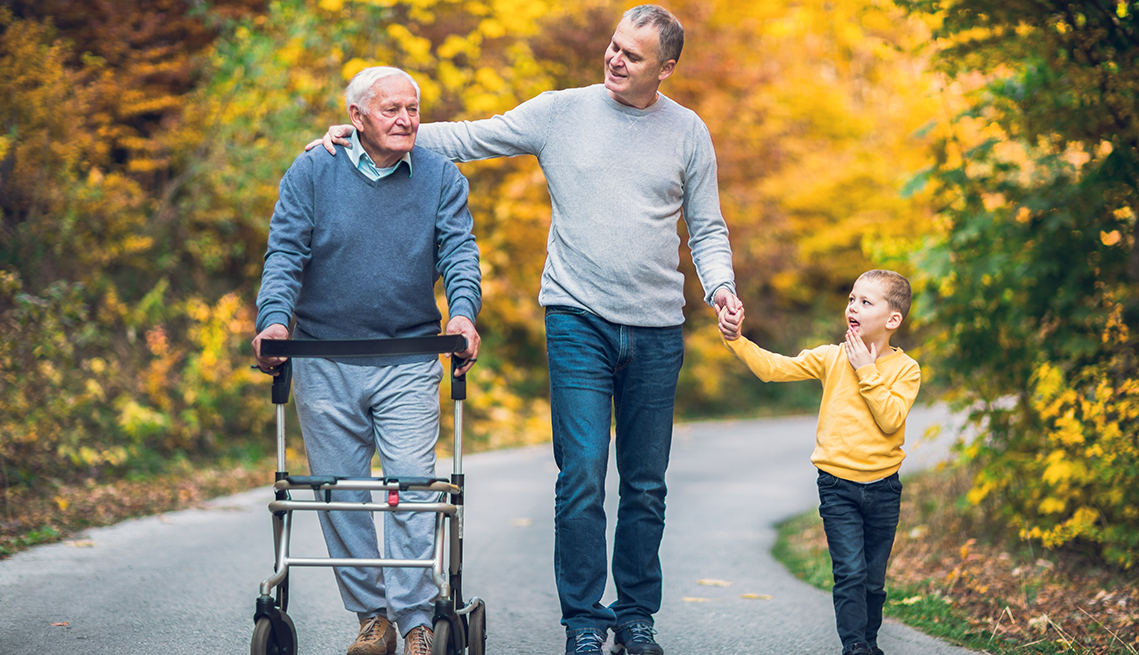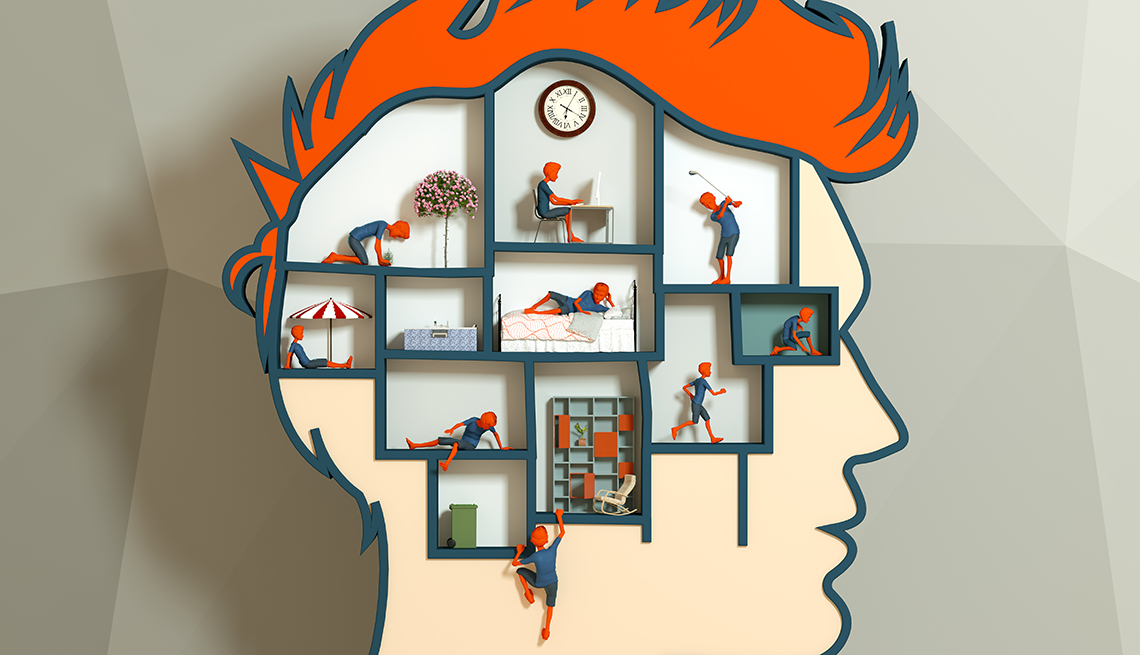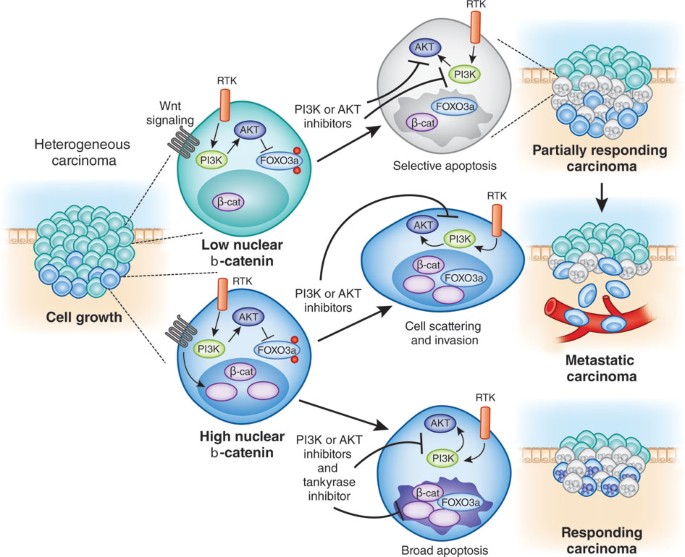
- Select a language for the TTS:
- UK English Female
- UK English Male
- US English Female
- US English Male
- Australian Female
- Australian Male
- Language selected: (auto detect) - EN
Play all audios:
More than 1 in 5 adults — a total of 53 million adult Americans — are now unpaid family caregivers, according to a new report from AARP and the National Alliance for Caregiving (NAC). The
number of caregivers has climbed from 18 percent of adults in 2015 to more than 21 percent in 2020, an increase of 9.5 million adults who provide assistance on everything from grocery
shopping to wound care to medication management. The biggest boost came among those caring for adults 50 and older, which accounted for just over 14 percent of caregivers in 2015 and nearly
17 percent this year. Many receiving care were boomers, who are now ages 55 to 75, according to the report. In fact, boomers are pivoting from taking care of friends and loved ones to
needing care. Now their children and grandchildren are stepping up. "We always talk about the average caregiver. I really pushed hard to talk about the many different aspects of
caregivers,” said Susan C. Reinhard, AARP senior vice president and director of the AARP Public Policy Institute, who played a key role in the new report. Reinhard said her interest in
family caregivers dates to her days as a visiting nurse, when “they were the ones who opened the door." The report, “Caregiving in the U.S. 2020,” is the latest in a series of reports
dating to 1997. It is based on online surveys conducted in 2019 of 1,392 caregivers age 18 and older. "DO YOU WANT TO FIGHT?" Bethany Robertson, a millennial who now lives in Fort
Lauderdale, Florida, was only 27 when she shouldered the responsibility of caring for her beloved grandmother, Maria Viviano, who had suffered a serious stroke in New Jersey. Only at the
hospital did Robertson learn that her grandmother had given her both medical and legal powers of attorney. And amid bleak medical prognoses at the New Jersey hospital, she sought her
guidance. "I asked, ‘Do you want to fight?’ She looked at me and nodded her head very emphatically, ‘Yes.’ “ After hovering near death, Viviano recovered, but with restricted speech and
movement. Yet when Robertson inquired if her grandmother would prefer a nursing home, she was met with tears. Bethany Robertson with her grandmother, Maria Viviano. Courtesy Bethany
Robertson Robertson realized that caring for her at home was her only option. She moved her to the condominium in Charleston, S.C., that she shared with her husband. She struggled to find
reliable certified nursing assistants to help her. But as hard as it was, “We shared many awesome moments." Viviano stayed at Robertson's home, where she died peacefully after
nearly two years, surrounded by family. LOST IN THE NEIGHBORHOOD Jeanne Wintz of Seattle is the main caregiver for her husband, Jim, a role that began when he first showed early signs of
dementia. He had worked for decades as a psychiatric social worker. Now she grew uncomfortable leaving him home alone.







